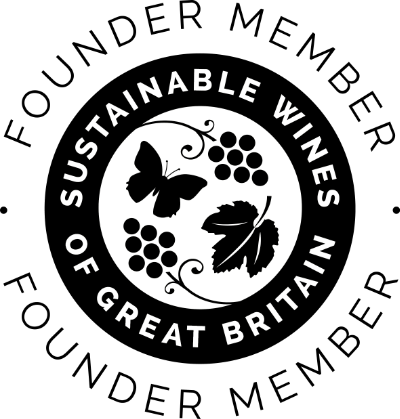“Artisan” might just be the most misappropriated word in modern marketing, casually scattered across product descriptions to make the mass-produced seem otherwise. But it would be impossible to introduce you to Alastair Simms, Master Cooper, without reaching for it.
Alastair is an artisan in the truest sense; apprenticed to a Yorkshire brewery on 14th May 1979, from where he worked his way up to become a master of his craft. When he took up his tools four decades ago, he couldn’t have imagined how much the profession would change over the coming years.
In the UK, coopers have been venerated since the Middle Ages for their skill in shaping vats (kūper/cupa) to store precious beer. But, as brewers replaced hand-crafted barrels with metal kegs, demand for coopers’ skills evaporated.
Until, that is, the gin boom took hold in the UK in the mid-2000s. Thanks to a change in the law governing the minimum size of distilleries, new ventures sprang up across the country.
One distillery owner, Christian Jensen, took the opportunity to harness Alastair’s skills to set up Jenson’s Cooperage, a few miles west of Thirsk, in 2020. They’ve been supplying small-batch distilleries, craft brewers and wine producers ever since. And business is booming.
Using English oak for wine
Traditionally, winemakers have held French oak – sourced from the famous woods of Nevers and Allier – to be the gold standard. But, at Gusbourne, we’ve always approached tradition as something to be built on rather than to be blindly followed.
Charlie Holland, our Chief Winemaker, was keen to experiment with English oak for English wine. Alastair felt confident that the native species of oak would complement Gusbourne’s style. “On the oak, when you taste it, you get a fresh Granny Smith apple,” Alastair says, describing the wood in terms not dissimilar to a sommelier’s tasting note. “There’s a bit of hedgerow fruit, nice oaky aromas and just on the back you get a nice, subtle dryness.”
In case you’re wondering, Alastair literally chews strips of lightly seasoned wood. “People think you’re daft,” he says. “But if you get really good at it you can tell which variety of oak it is you’re chewing.”
Charlie engaged Alastair to initially craft two English oak barrels for Gusbourne’s cellars. “The wood comes from the Norbury estate in Staffordshire,” Alastair says. “The oak we’re using is 160 years old, so the grains you get are similar to Allier region of France; nice, tight grains.”
Once the wood for Charlie’s barrels was seasoned, it was cut into staves and shaped to fit its metal hoops. “We fire-bend everything,” says Alastair. “Everything we cut off as we’re making the cask is then use in the fire to heat the cask and bend it to shape. So, the wood is the same for the heat as for the barrel.” The customer must also decide on the level of “toast” they want on the barrel. This important element of the process adds different flavours to the barrel’s contents – at the lighter end of the spectrum, you’ll get coconut, vanilla and caramel. Heavy toasting brings out flavours of toffee, butterscotch and molasses.
“The toasting in a wine barrel is complex: you’ve got a light toast; a light-medium toast; medium-light. You’ve got to learn how to do them all. With a beer cask, you’ve got a medium toast and that’s it,” says Alastair.
Working with winemakers might be slightly more complex work, but Alastair enjoys it. “If you don’t learn something every day, there’s no point going to work,” he says. An impressive attitude, considering his long experience in his trade. “And it’s good, this new trade from wine and whisky. We’re going to be alright. We’re feeling very happy.”
Charlie is likewise feeling happy, with the new barrels now filled – wine gently maturing – in our cellars. It could just be the start of an exciting evolution in English wine production. “I’m looking forward to seeing how it turns out,” says Alastair. “It’s always a satisfying bit of the job to taste what comes out of the barrel.
“That – and the moment when you put your block mark [a cooper’s initials] on the barrel and you know you’ve done a good job. It’s been made with pride.”









